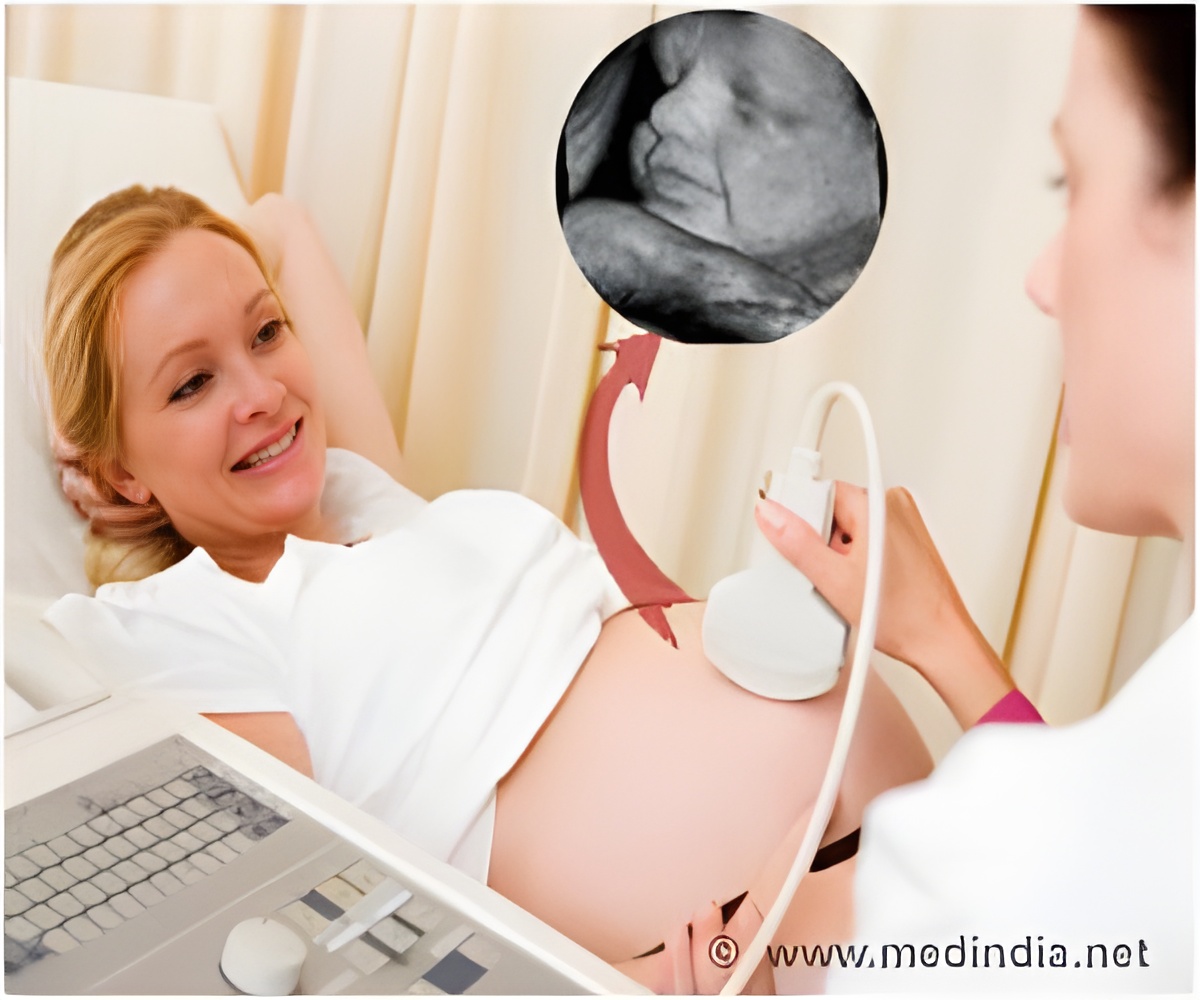Short intervals between two pregnancies of less than 18 months in a woman might result in decrease in the length of subsequent pregnancies, finds a new study.

The study defined short interpregnancy interval (IPI) as time from the immediate preceding birth to subsequent conception of the next pregnancy. Researchers categorised the women with short IPIs into two groups, IPI less than 12 months and IPI 12-18 months, comparing them to women who were considered to have an optimal IPI of 18 months or more.
Results showed that mothers with shorter IPIs were more likely to give birth prior to 39 weeks gestation when compared to women with optimal birth spacing. Following a short IPI of less than 12 months, 53.3% of women had delivered before 39 weeks, compared to 37.5% of women with an optimal IPI. Birth after the estimated due date (more than 40 weeks) occurred less often in women with short IPI of less than 12 months, 16.9% compared to 23.1% for a normal IPI.
Furthermore the rate of preterm birth before 37 weeks gestation was higher in women who conceived after a short IPI of less than 12 months. They were more than twice as likely to give birth before 37 weeks compared to pregnancies following an optimal IPI (20.1% vs. 7.7% respectively).
The study also looked at racial groups. Figures showed that black mothers more frequently had shorter IPIs compared to non-black mothers (less than 12 months, 3.3% vs. 1.9% and 12-18 months, 13.2% vs. 10.1%).
Moreover, the rate of preterm birth was also higher in black mothers with short IPI of less than 12 months, 26.4% compared to 8.7% for non-black mothers.
Advertisement
The authors conclude that short intervals between pregnancies result in decreased pregnancy length overall and that women should be counselled on the importance of optimal birth space, in particular for reducing preterm birth rates.
Advertisement
"Short interpregnancy interval is a known risk factor for preterm birth, however, this new research shows that inadequate birth spacing is associated with shorter overall pregnancy duration.
"This study has potential clinical impact on reducing the overall rate of preterm birth across the world through counselling women on the importance of adequate birth spacing, especially focusing on women know to be at inherently high risk for preterm birth."
John Thorp, BJOG Deputy-Editor-in-Chief, said:
"We know that inadequate birth spacing is associated with more adverse pregnancy outcomes, including preterm birth, in many countries like the US.
"This large population-based study further strengthens this and puts more emphasis on the importance of optimal birth spacing, of 18 months or more, especially among women with additional risk factors for preterm birth."
Source-Eurekalert















